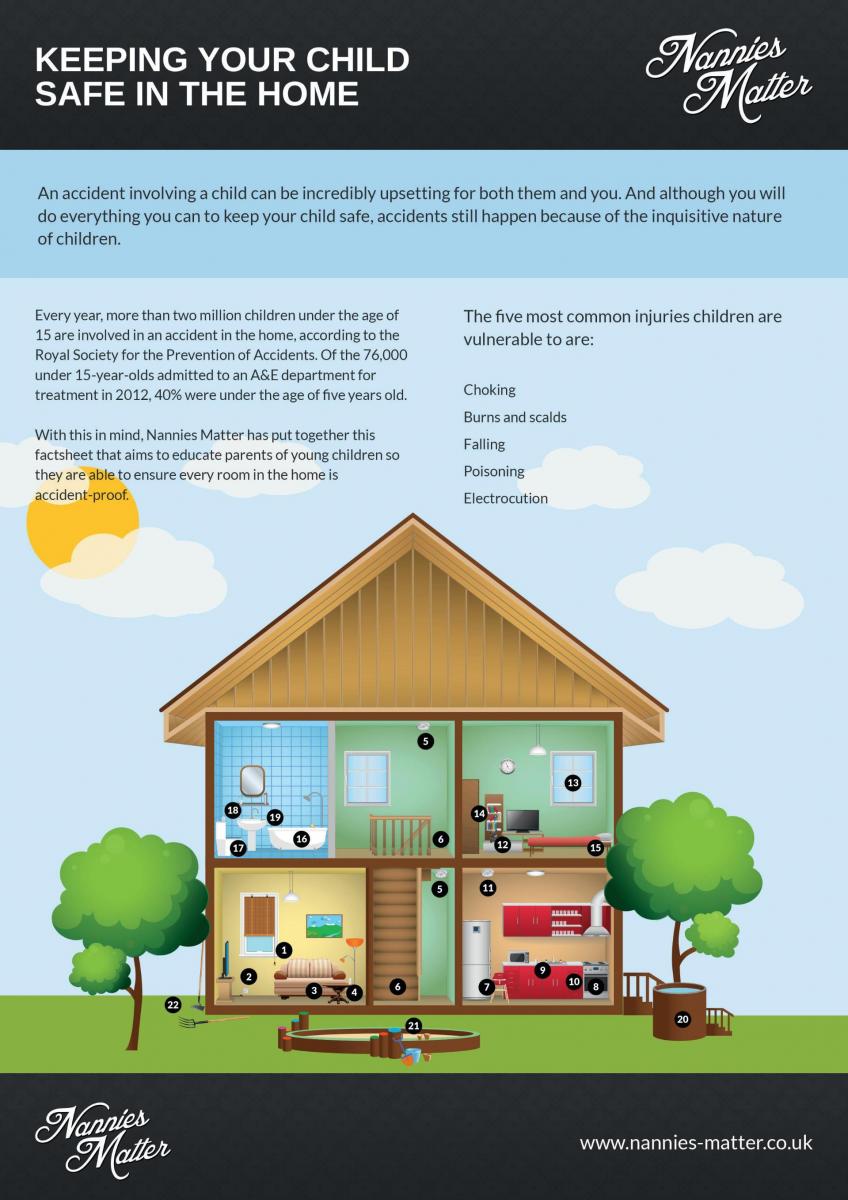- Home
- Nanny Services
- Housekeeping Services in the Home Counties
- Household Services
- Areas We Cover
- Helpful Info
- Key Differences Between Childminders, Au Pairs, Nannies and Babysitters
- Understanding Nanny Sick Pay and Maternity Leave Requirements for Families
- What Insurance Does a Nanny Need?
- Live-in Nanny Requirements Explained
- What are Considered Nanny Duties and Responsibilities?
- Everything Nannies Need to Know About Nanny Pay
- 10 Signs You’ve Found the Perfect Fit Nanny for Your Family
- Nanny in Surrey: Is Live-In or Live-Out Better for City Commuters?
- Your ‘Nanny First Day’ Checklist
- Top Tips for Being a Good Nanny
- Nanny Interview Questions
- What is a Nanny Expected to Do? Responsibilities and Activities
- Are Nannies Ofsted Registered?
- What is the Difference Between Nannying and Babysitting?
- What is Basic Housekeeping?
- How Should a Nanny Discipline a Child?
- Employing a Nanny: a Tax Guide for Parents
- How to Be a Good Nanny, and What to Expect From a Childcare Job
- What Insurance Do I Need to Be a Chauffeur?
- Transferable Skills from Nannying
- Housekeeping Skills Checklist: What Do Housekeepers Need?
- Interview Questions for Parents to Ask Nannies
- How to Write a Nannying CV
- What is the Cost of a Nanny Per Day?
- Becoming a Nanny in England
- What Types of Household Staff Are There?
- Things to Get Your Nanny for Christmas
- Nanny Paid Holidays Explained
- What Does “Live-Out Nanny” Mean?
- How Many Children Can a Nanny Look After?
- How to Become a Nanny (UK)
- Essential Coronavirus Resources for Children and Families
- Keeping Your Child Safe in the Home
- A Parent’s Guide To Employing A Nanny
- 100 Autumn Activities for Kids - Free Printable
- Christmas Wishlist for Kids - Free Printable
- Winter Walks in the Home Counties
- How to Interview a Nanny
- What Are Nannies and What Do They Do?
- Safeguarding Children in your Care
- Childcare During Lockdown: Full Survey Results
- Nanny Duties and Responsibilities
- What Ages Do Nannies Look After?
- What Does a Housekeeper Do?
- How to Find a Nanny Near Me
- DBS Check for Nanny Jobs: Are They Required?
- What Does a Nanny Need in a ‘Toolkit’?
- When Should Nannies Inquire About Pay?
- Can I Pay for Childcare Through My Business?
- How a Nanny Can Help You Spend More Time With Your Family
- What Qualifications Do You Need To Be a Housekeeper?
- Why Is Good Housekeeping Important for Your Household?
- Developing Your Nanny Skills: What It Takes to Excel in Childcare
- Au Pair vs. Nanny: What Works Best for Busy Parents?
- Nanny Salary Guide 2025
- Contact
Keeping Your Child Safe in the Home - download our factsheet
More than two million children under the age of 15 are involved in an accident every year, according to the Royal Society for the Prevention of Accidents. This is why it is so important for parents, nannies and carers to do everything possible to keep them from harm.
However, this is no easy ask, as there are so many ways that a child can be injured in and around the home. Household accidents are hard to prevent completely, and can result in various types of injury, with the five most common being:
- Choking
- Burns and scalds
- Falling
- Poisoning
- Electrocution
With this in mind, the experts at Nannies Matter have created a free downloadable factsheet that highlights what hazards might be found in your home, and what actions you should take to reduce the risk of injury.
By downloading the full factsheet, you find out:
- The risks and dangers most commonly found in your living room, hallway, kitchen, bedroom, bathroom, and garden
- What kind of safety equipment and security devices you can install to reduce the likelihood of a dangerous accident
- Simple precautions and changes in habits that can make your home safer for the whole family
- How to Keep Your Child Safe at Christmas
Related: How to Make Sure Children Receive the Best Care from Nannies
To read our full five-page Keeping Your Child Safe in the Home factsheet, click on the preview image below:

All content provided in the factsheet is for general guidance and instructions should be checked before using any products mentioned. Nannies Matter will not be liable for any losses, injuries or damage caused by following this information.
